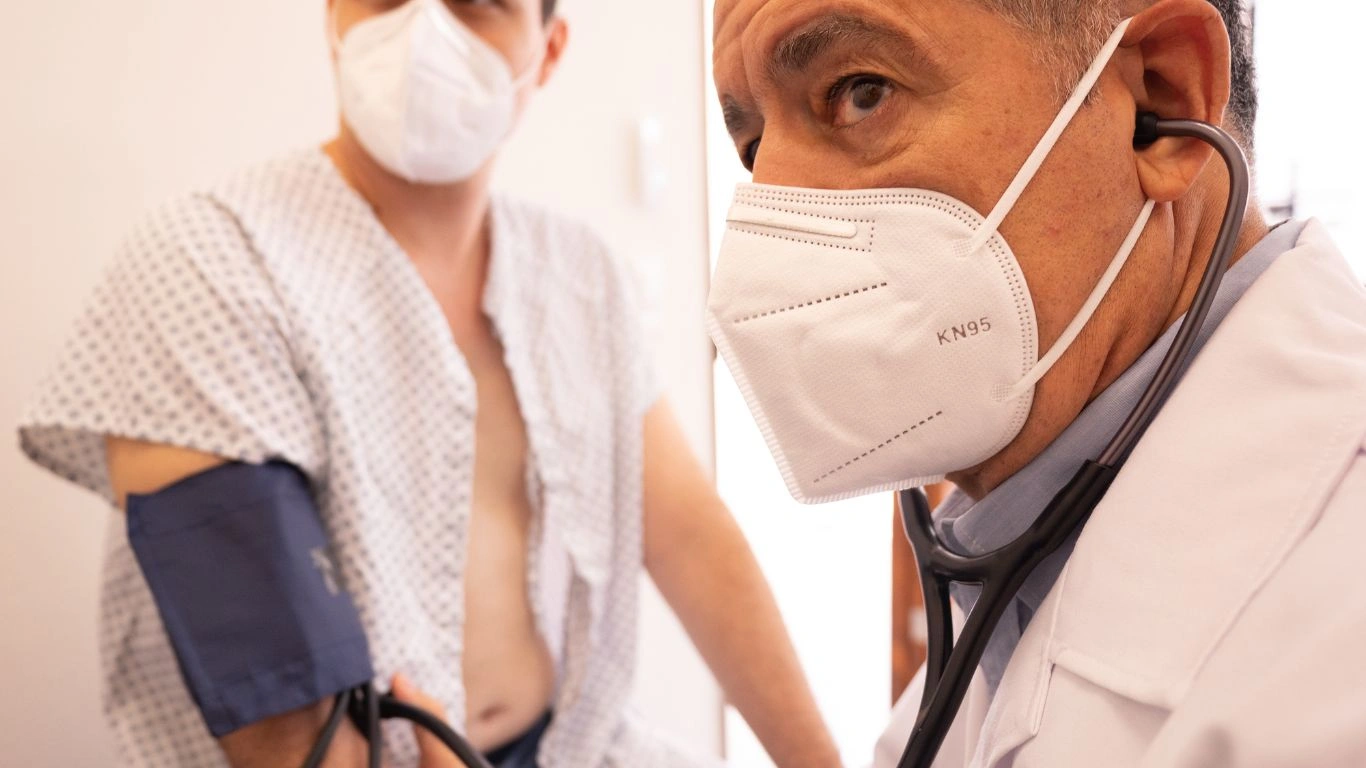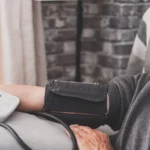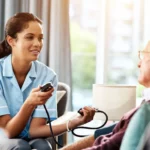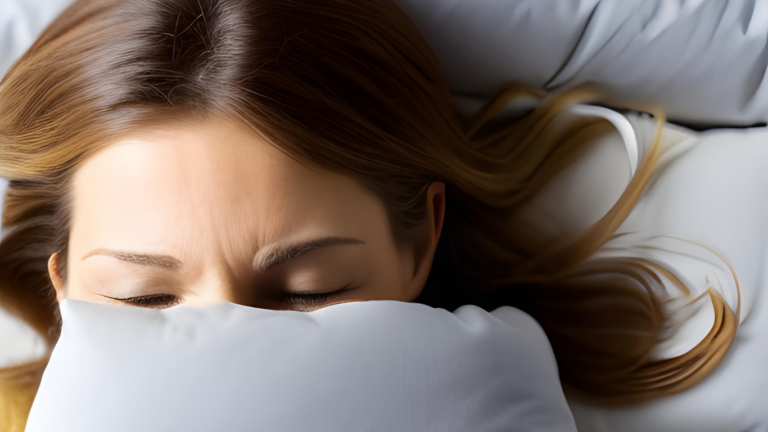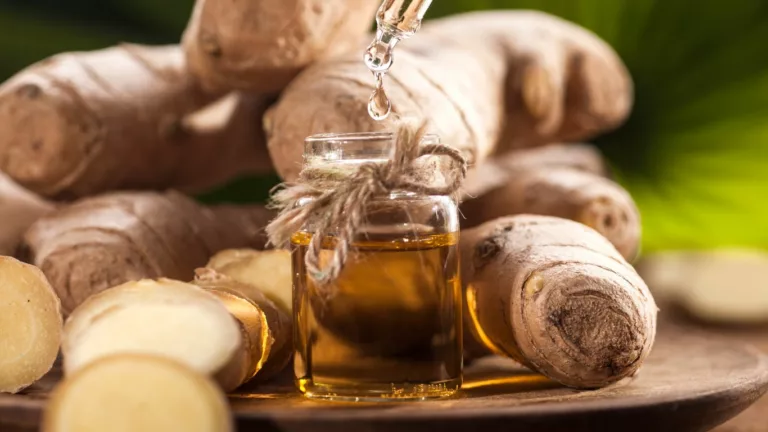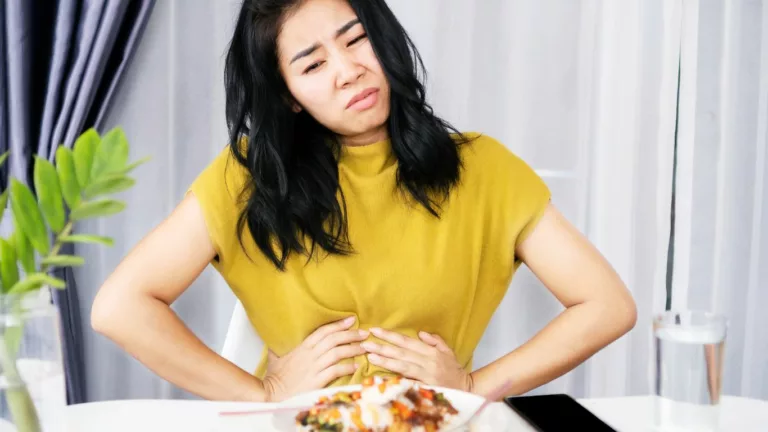Managing Hypertension Without Prescription Drugs – Practical Tips You Need to Know
High blood pressure, also known as hypertension, affects millions of people worldwide. While medication is often prescribed to manage it, there are natural and lifestyle-driven ways to reduce blood pressure without relying on prescriptions. Here’s everything you need to know about managing hypertension naturally!
Hypertension is often called the “silent killer” because it can sneak up on you without obvious symptoms. The good news is, there are plenty of ways to manage high blood pressure without popping pills. Whether you’re looking for lifestyle changes, diet adjustments, or natural remedies, it’s totally possible to keep your blood pressure in check without relying on medication. Let’s break down some of the most effective ways to naturally manage hypertension.

Understanding Hypertension and Its Risks
Before jumping into solutions, it’s important to know why managing hypertension is crucial. When blood pressure is too high, your heart has to work harder to pump blood through your body. Over time, this can lead to serious health issues like heart disease, stroke, kidney damage, and more. Knowing the risks can help motivate you to take action, but fortunately, making simple changes can make a huge difference in managing your blood pressure.
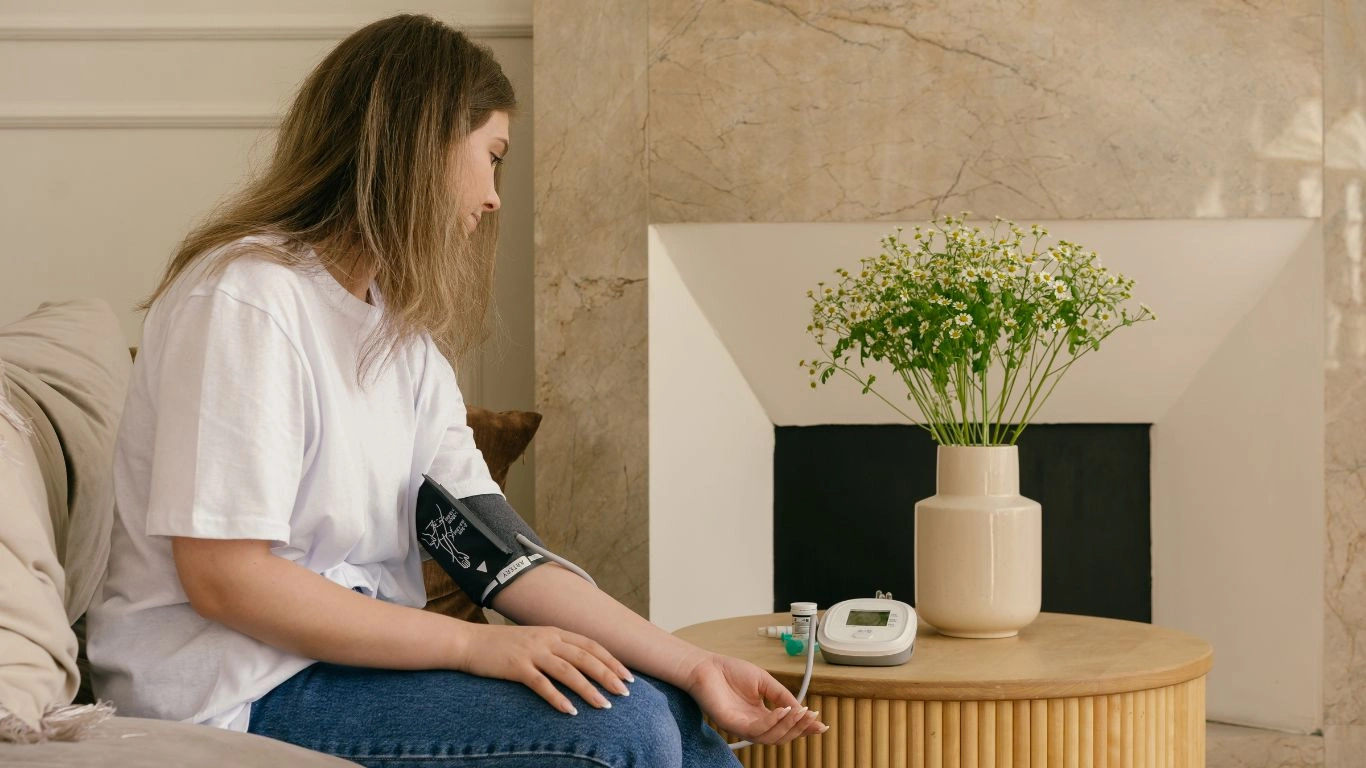
1. The Power of Diet: What to Eat (and What to Avoid)
One of the most effective ways to manage hypertension without drugs is through dietary changes. What you eat plays a significant role in regulating blood pressure.
Eat More Fruits and Vegetables
Packed with essential nutrients like potassium, magnesium, and fiber, fruits and vegetables are the cornerstone of a heart-healthy diet. Potassium, in particular, helps balance the negative effects of sodium in your body, lowering blood pressure.
Reduce Salt Intake
Excessive sodium is a major contributor to high blood pressure. Most people consume way more salt than recommended, especially with processed foods. Cutting back on salty snacks, canned soups, and fast food can work wonders in lowering blood pressure. Instead, use herbs and spices to flavor your food.
Include Omega-3 Fatty Acids
Omega-3 fatty acids are heart-healthy fats found in foods like salmon, flaxseeds, and walnuts. Studies show that omega-3s can help lower blood pressure by reducing inflammation and improving blood vessel function. Adding these foods to your diet regularly can have long-term benefits.
Limit Alcohol and Caffeine
Both alcohol and caffeine can raise your blood pressure temporarily. While occasional wine or coffee is fine, try to limit your intake to stay on top of your blood pressure. Aim for moderation, and consider switching to caffeine-free beverages if you’re sensitive to its effects.

2. Exercise: Move Your Body, Lower Your Pressure
Regular physical activity is one of the best ways to control high blood pressure. It’s not about hitting the gym for hours; even moderate activity like brisk walking or cycling can significantly impact your blood pressure.
Aim for 30 Minutes a Day
The American Heart Association recommends at least 30 minutes of moderate aerobic exercise most days of the week. This can include walking, swimming, biking, or even gardening. Exercise helps your heart pump blood more efficiently and can lower both systolic and diastolic blood pressure.
Strength Training
Incorporating strength training into your routine (even just twice a week) can also help lower blood pressure. Lifting weights increases muscle mass, which in turn can improve overall circulation and reduce pressure on your arteries.
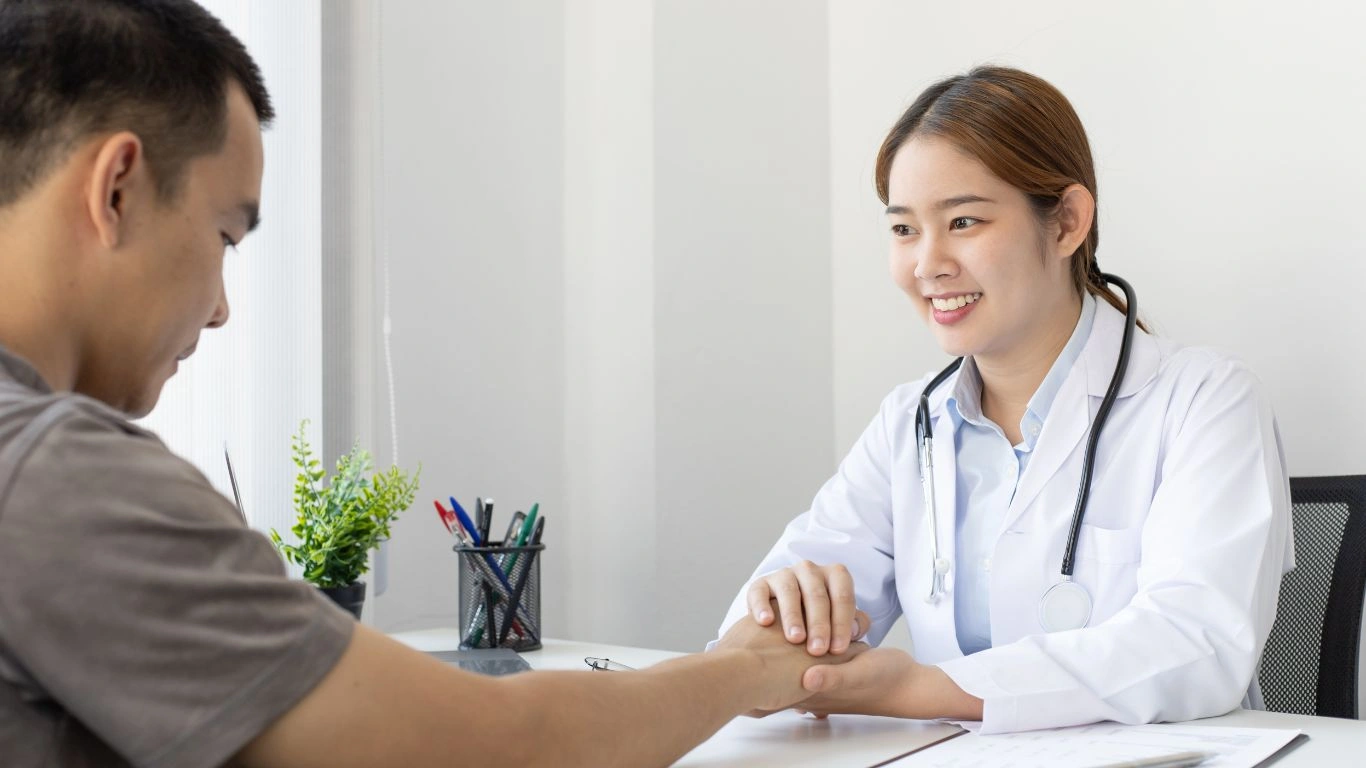
3. Stress Management: Relax and Take It Easy
Chronic stress is a big player when it comes to high blood pressure. When you’re stressed, your body releases hormones that can raise your heart rate and constrict your blood vessels, temporarily increasing blood pressure.
Try Meditation or Deep Breathing
Meditation and deep breathing exercises are fantastic tools for managing stress. By incorporating a few minutes of mindfulness into your daily routine, you can activate the relaxation response, which reduces stress and, in turn, lowers blood pressure.
Get Enough Sleep
Sleep is another important factor. Not getting enough rest can increase your blood pressure and contribute to other health problems. Aim for 7-9 hours of sleep per night to support your overall health and help manage hypertension.
4. Natural Supplements and Remedies
While lifestyle changes are critical, there are also some natural remedies that may help lower blood pressure.
Garlic
Garlic has been shown to have a modest effect on lowering blood pressure. You can add garlic to your meals or consider taking a garlic supplement. Just be sure to talk to your doctor before adding any supplements to your routine.
Hibiscus Tea
Hibiscus tea is a natural beverage that has been shown to lower blood pressure in some studies. Drinking one to two cups a day could be a simple, enjoyable way to keep your blood pressure in check.
Magnesium
Magnesium is an essential mineral that helps relax blood vessels, which can lower blood pressure. Consider eating magnesium-rich foods like spinach, almonds, and black beans or talk to your healthcare provider about a magnesium supplement.
5. Regular Monitoring: Track Your Progress
Managing hypertension is an ongoing process. It’s important to regularly check your blood pressure to see how well your lifestyle changes are working. Many pharmacies and even home-monitoring kits can help you keep track of your blood pressure.
Track Your Numbers
By tracking your blood pressure regularly, you can quickly identify whether certain changes are working or if adjustments are needed. A consistent routine of checking your numbers can help you stay motivated and on top of your health.
Conclusion
Managing hypertension without prescription drugs is absolutely possible with the right combination of lifestyle changes, diet adjustments, and stress management. While medication is sometimes necessary, these natural methods can complement your treatment plan or serve as the primary way to keep your blood pressure under control.
Remember, always consult with your doctor before making significant changes, especially if you have underlying health conditions. With the right approach, you can keep your blood pressure in check and live a long, healthy life.
Appendices
FAQs
- Can exercise alone lower my blood pressure? Yes, regular exercise can significantly reduce blood pressure, especially when combined with a healthy diet.
- Is it safe to take natural supplements to manage hypertension? While natural remedies like garlic and magnesium can help, it’s always best to consult your doctor before starting any new supplement.
- How quickly can I lower my blood pressure with lifestyle changes? Results can vary, but many people notice improvements within a few weeks of making healthy lifestyle changes.
- What is the best diet for controlling blood pressure? A diet rich in fruits, vegetables, whole grains, lean proteins, and low-fat dairy is ideal for managing blood pressure.
- Can stress reduction techniques really lower blood pressure? Yes, managing stress through relaxation techniques can have a significant positive effect on your blood pressure.
References
- American Heart Association. (2023). How to Manage High Blood Pressure. Read Article
- National Institutes of Health. (2024). Hypertension: Causes and Treatment. Read Article
- World Health Organization. (2022). Global Strategy for Hypertension Control. Read Article
Disclaimer: The information provided in this article is for educational purposes only and does not substitute for professional medical advice. Always consult with your healthcare provider before making any changes to your diet, exercise, or health regimen.
